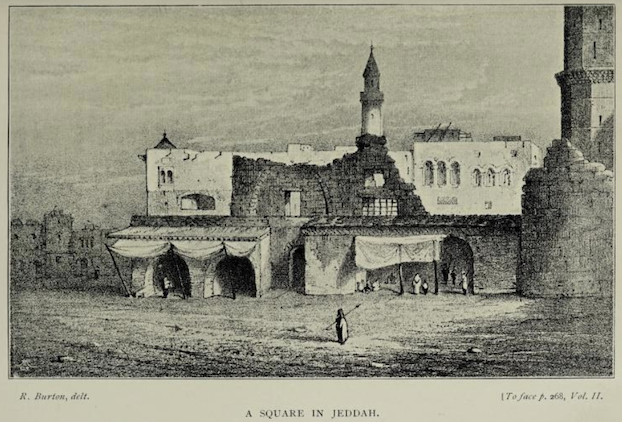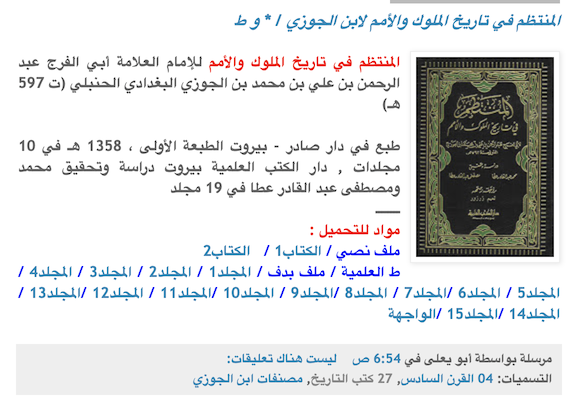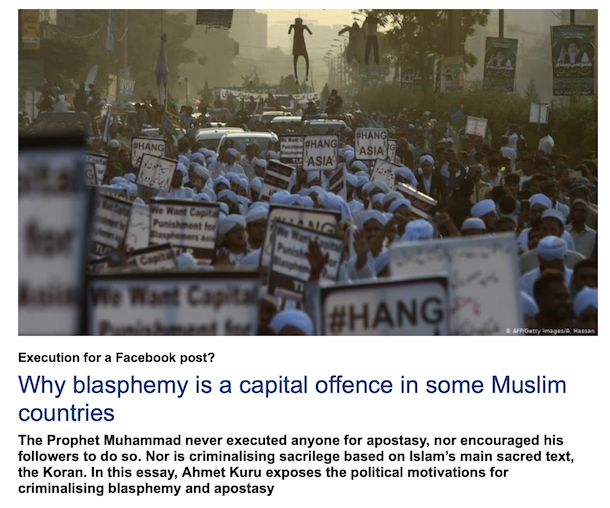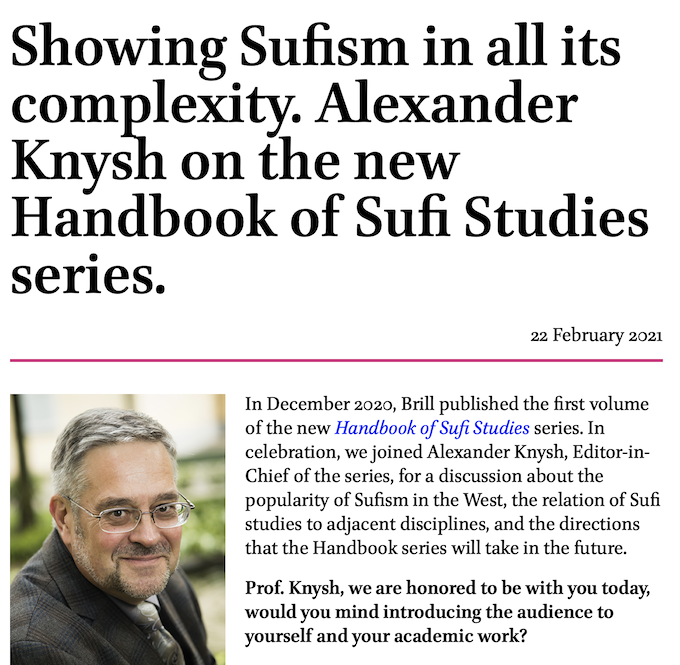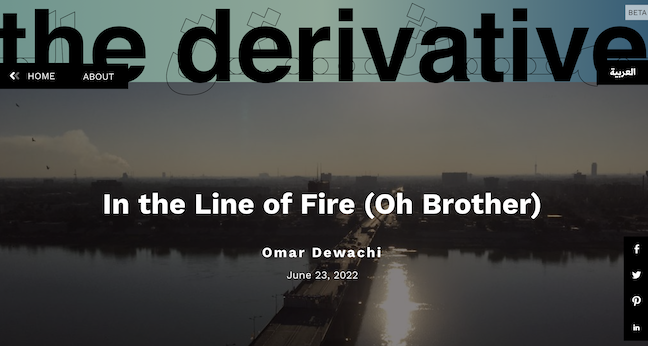
Omar Dewachi, an anthropologist who was an Iraqi physician during the Gulf War, has published an article from his forthcoming book, which is entitled “When Wounds Travel: Ecologies of War and Healthcare East of the Mediterranean”.
Here is the start of the article. To read the whole article, click here.
A call from the surgical residence in the outpatient clinic informing us of a new admission to the ward. “It is a burn case,” he warns, “Najwa Abdul Hadi, female, in her early 30s, transferred from a local hospital with burn injuries covering nearly 90% of her body following the explosion of a cooking gas container at her home.” Mohammed and I, the two junior doctors on the floor, rushed to the other side of the ward, impatiently waiting at the service elevators to receive our new admission. Only days into our surgery rotation on the second floor of Baghdad Teaching Hospital—Iraq’s largest referral hospital and medical complex—we had finished medical school a month earlier, in May 1997. This was our first job as “real” doctors. Unlike Mohammed who had studied medicine at another med school, I had spent the past 6 years of my training in this teaching medical complex, and was familiar with the ins and outs of the hospital. Still, this was a new terrain for me. No longer a student, this night was my first time “on call”, and I was getting a bit anxious.
For many of us who lived through the first Gulf war, the sight of a burnt body became a doppelgänger of that war. One such doppelgänger was the charred body of one Iraqi soldier in the carnage of tanks which littered what became known as the “Highway of Death”—where the retreating convoys of thousands of Iraqi soldiers from Kuwait were attacked by the US military with Depleted Uranium (DU) weaponry. DU was developed in the US during the Cold War era and experimented with for the first time in real combat during the 1991 Iraq War. It was designed to burn through thick metal surfaces, namely tanks and fortified armored vehicles. The artillery tips burn through the thick alloy, incinerating them inside and out upon impact.
Another image of that war, which I witnessed for myself, was the silhouette of two skeletal remains fossilized into the concrete walls inside the famous Amiriya Shelter, where 408 people were killed with so-called bunker busting, “smart bombs.” US pilots nicknamed them “the hammer” for their massively destructive capabilities and wide-ranging blast radii. I visited the Amiriya shelter in 1991 after the cessation of the bombing campaign. I remember thinking that it was a blessing that those in the bunker did not suffer for long. It was more merciful and dignified to die on the spot than to endure the effects of surviving such brutalization.
